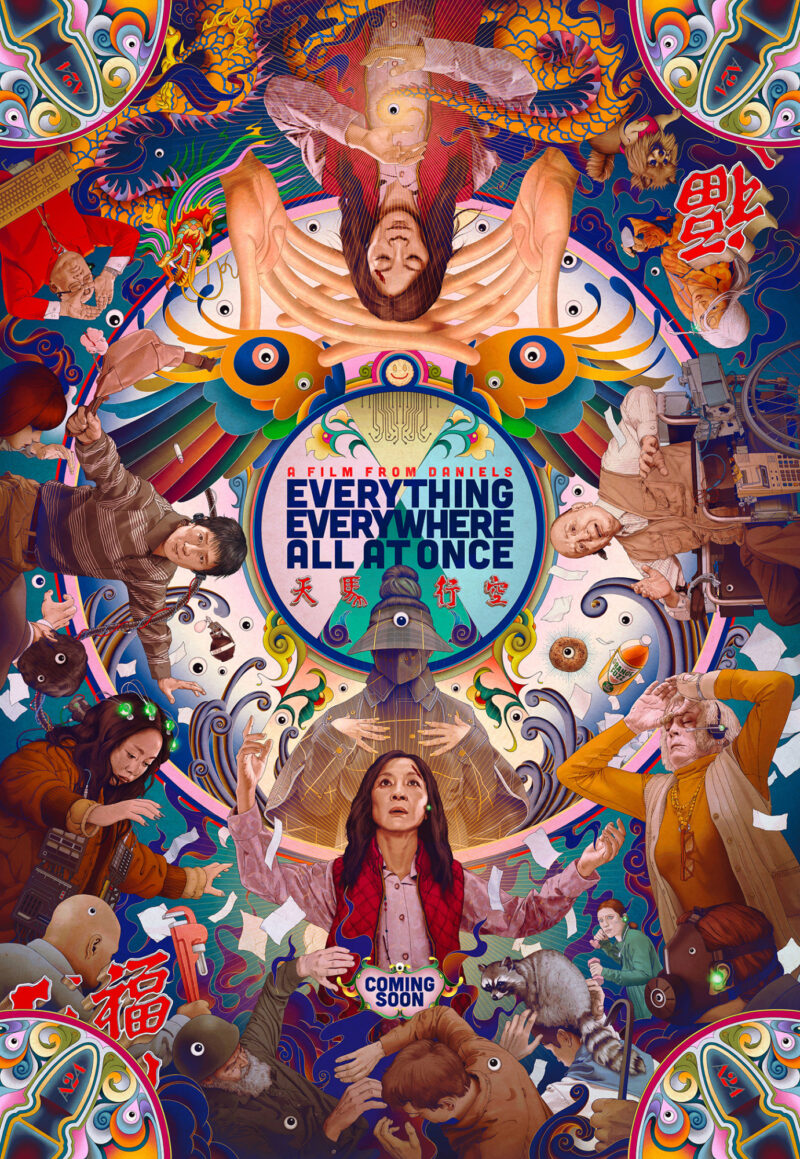In a seminar on online piracy in Vietnam held in Hanoi last week, Media Partners Asia revealed that Vietnam now has the third highest number of illegal streamers in Southeast Asia, just behind Indonesia and the Philippines. But on a per capita basis, Vietnam is in first place in accessing and sharing pirated content.
According to Neil Gane, consultant at the Alliance for Creativity and Entertainment, only 4% of Vietnamese users register for legal content. Without proper solutions to this issue, it is predicted that the number of users would reach 19.5 million by 2027, leading to a loss of $456 million.
Despite the huge economic loss, Vietnamese people don't seem to shy away from streaming illegally. Here are three main reasons most of us choose to watch, listen or even use pirated content, even though some might have acknowledged the damages they bring.
Limited access to official content
At the moment, for foreign movies, Vietnamese can mostly watch Netflix or HBO Go via FPT Play. Compared to the US, where watchers can choose among several streaming sites like Hulu, Netflix, HBO, Apple TV+ or Disney+, our choices here are rather limited.
Moreover, each platform has its own original series and movies that are only exclusive to that streaming service. Therefore, if consumers want to watch a Disney+ series, they have to stream it on an illegal website as Disney+ is not available in Vietnam yet.
Due to legal procedures, there are films that can take months to be brought to Vietnam, or worse, not screened here at all. In that case, curious watchers will find their ways to watch the movies even with illegal methods. The most recent example was “Everything Everywhere All At Once," which was released in the US in March 2022 and received high praises from film communities.

At first, Vietnamese watchers thought that a film from a small production with no prior awards could not make it to national theaters so many of them streamed the movies illegally and spread links to each other.
By the end of May, there were already versions of the film with Vietnamese subtitles. However, not until June 15 did CGV announce that they would bring the movie to the theater after witnessing growing interest from watchers for the film. Such delays have definitely made “Everything Everywhere All At Once" lost lots of potential watchers in Vietnam.
Consumers’ mindset
Here's a sad truth: Vietnam’s online piracy has been a problem for many years that it has become a ‘normal’ thing. Starting from a country that was fresh out of war and on its way to developing its economy, many citizens have been taught to be economical, and only spend money on necessities. Forms of entertainment such as music or movies might be considered unnecessary and unimportant to our lives so many chose to spend little or no money on them.
That mindset somewhat fuels the growth of online piracy for decades because you are able to access these types of content for free. For older generations, it would be harder to convince them to pay for Netflix or Spotify while free options are still available. They do not care about the financial loss an industry might endure as they have to take care of themselves first. Some might even argue: “These people have made so much, why do I have to give them more money?” or “It's just a small sum of money compared to what they already have.”

Luckily, living conditions in Vietnam are getting better day by day, and with that people are recognizing that entertaining is also as important as eating and working, thus, willing to spend money on them. Especially, younger generations are now more educated about copyrights. They understand that these products also take money and effort to produce and as consumers, we are responsible to pay for their hard work.
Loose laws
According to Vietnam Film Department ( August 2021 data), there are over 400 Vietnamese websites that publicly screen movies, 60-70% of these websites do not have copyrights. Last year, when phimmoi.net — the largest website in Vietnam with pirated movies and series — was sued by Ho Chi Minh City Police, the issue of copyrights was brought to attention once again. By the end of 2020, the domain phimmoi.net was blocked by the government. However, the website still exists up to this day, just using different domains.

It has been over 15 years since the Vietnam Intellectual Property Law was issued but little change has been made to the Vietnamese awareness of copyrights. The majority of illegal websites often have foreign domains or use cloud services by Google, Fshare with unlimited storage with cheap prices to publish movies to the public. Meanwhile, Vietnam has yet got any regulations about blocking piracy on Internet protocol addresses.
